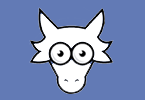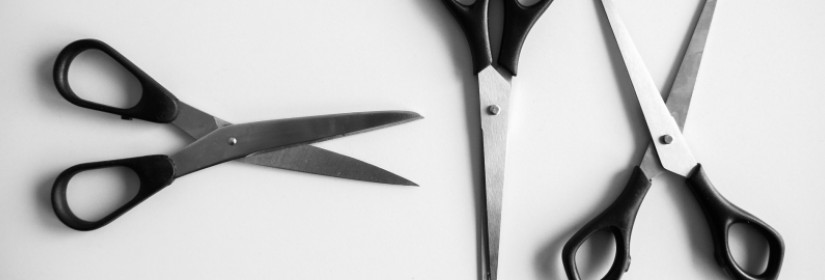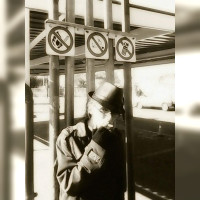Editing your own work, whether it’s headed off to another editor or about to see the light as a self-published project, is a tricky process. Here are a few tricks to help you fight back—let me know if they work for you!
First Draft First
Write the first draft without editing in mind. Don’t worry about spelling and looking up facts too much—highlight it for now and come back to it afterwards. It’s freeing to simply write. You can worry about the rest later.
It helps to know where your story is going before you sit down to write it. I find it easier to write the skeleton first: snippets that come to mind, important plot points, characters and settings. When you go back to edit, you’ll appreciate your notes.
If you’re working on a book, keep each chapter and its notes separately, and number pages—it’s a huge help!
Be Consistent
It’s easy to lose track of small details. The beggar is suddenly wearing a blue jacket instead of a white one in Chapter 3, the diner’s name changes in Chapter 12. Take notes. Create your story’s reference list and come back to it to ensure consistency. The devil does indeed lie in the details.
Be Accurate
If your story happens in real settings, think about the real-life details of your fiction. Suppose someone wrote a story about your hometown, but it is blindingly obvious that the author has never seen it — Fourth Street has a bakery, not a Wal-Mart! Even in fiction, be as factual as possible.
Tighten Up
Don’t be afraid to slash words out of the way. It might be a paragraph, or it might be an entire chapter: If it doesn’t flow, just let it go.
One of my editors provides a constant reminder by employing his “500-word limit.” I’ve had to cut pieces from 1,500 words to 500 words, all while keeping the core ideas intact. Ask yourself: can I say this in fewer words? Sometimes you find that a point you conveyed in four chapters can be gotten across in two pages.
Always push yourself to the limit of cutting out. Once it’s too much, dial it back to the last version that still works. That’s the tightest you can go.
The Benefit of Time
Time is a great help in editing. How? When I’m done with a story, I put it away—for a week, two weeks, even a couple of months. By the time I come back to it, it somehow feels new, rediscovered, almost like someone else’s. Take advantage of this to get a fresh perspective on your writing.
Proofreading
I can’t emphasize the importance of basic spell- and fact-checking enough. Sites like oxforddictionaries.com and grammarly.com are great for checking spelling, while snopes.com, fact-check.org, and hoax-slayer.com are useful for checking the authenticity of facts. And, of course, never forget Google.
Style and Voice
Study style. Read your favorite book and your least favorite book, and try to figure out what makes them work. What makes King King or Grisham Grisham? Go back to your own writing and find your own voice—yes, it’s in there somewhere.
Take a Crash Course
Take a quick course in professional editing. There are many free options. Knowing what editors look for will be a great help in your work.
Also, expand your library to books on editing and proofreading. Some quick recommendations are books like The Elements of Style, the AP Stylebook, Copyediting and Proofreading for Dummies, On Writing and The Pocket Book of Proofreading.
First Readers
Stephen King’s wife rescued Carrie from the bin, and the rest is literature. Tabitha serves not just as King’s Constant Reader, but often, I imagine, his first. My wife is often mine. Her opinion is honest and to the point, and she is quick to spot inconsistencies, mistakes, and things I could’ve said better or things that just don’t work. Who is your first reader?
When to Hire a Professional
Your story should undergo at least one pass by a professional editor. If you’re publishing with a decent publisher, they will help you with the edits. If you’re aiming for self-publication, I highly recommend consulting a professional editor to help you out. We tend to miss our own mistakes, but our readers don’t.
Keep these tricks in mind, and you’ll be on your way to a clearer draft. So, what are you waiting for? Fingers on the keys, coffee for fuel; get whatever you need and get polishing!




